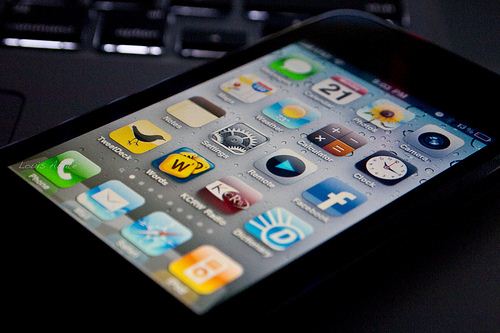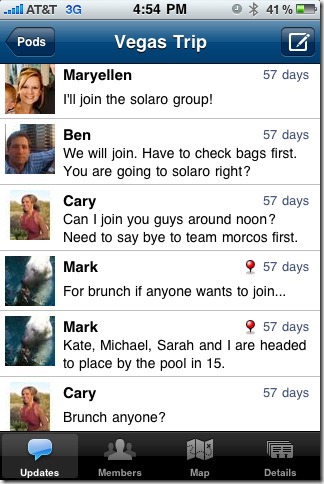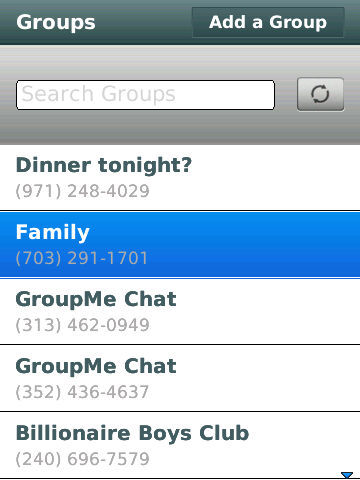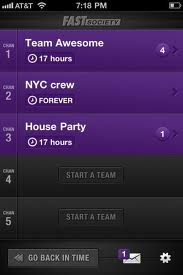
Group Messaging was a big topic at this year’s South By Southwest (SXSW). Competing services buffed up and squared off for the position of top dog. While each brings something unique to the table, the different platforms are becoming increasingly similar – adapting each others’ ideas for their own uses. And while you COULD take the time to download, use, and discover your preference for all of these apps, it might just be easier to wait and see which establishes messaging dominance over its brethren. So, what are all of these applications, and what makes each different from the next? Well social media savants, you’re about to find out.

A lot of the buzz is surrounding the group messaging program Beluga, which was acquired by Facebook earlier this month. The application boasts connectivity to multiple platforms, allowing users to group chat, share photos, and locations across many different social networking sites and apps. While Beluga did little to add extra muscle pre-SXSW, it did integrate a Facebook sign-on, which is a big deal by itself. Having Facebook as its backing power definitely sets Beluga up for potential victory among all the other group messaging applications.

The eldest of the group messengers is GroupMe, which began in August as a simple way to text large groups of people simultaneously. Since then, the program has acquired loads of funding, and has put it to good use: Pre-SXSW, the startup launched features for sharing location and photos within group messages, as well as adapting their system from traditional SMS messages to push notifications. Just a few days later (still prior to SXSW), the startup released another round of features that included the ability to join groups, see connections and evaluate data connections.

Kik was a messaging service that was an instant hit when it was launched back in October; It was downloaded more than 2 million times in three short weeks. It originally operated similarly to BBM, but across all phone platforms (which was its initial draw). But guess what? They just hopped on the group messaging bandwagon, too. Wait, there’s more: They also introduced photo sharing to the equation.

Then there’s Fast Society, an SMS-based group messenger that set itself apart from GroupMe with a tool that allowed users to set a time frame for their group chat (for people who stick to very strict, scheduled days). Prior to SXSW, they unveiled a Android version of the app, as well as an upgraded iPhone version that includes, what else, photo and location sharing. Shocking. You now also have the option to switch over to in-app messaging, which should be a permanent change to save users from those pesky text message charges.
There are a number of other similar group messaging startups that are cut from the same cloth as all of these industry leaders: PingChat, TextPlus, GroupedIn, and Mogwee are among those in the same vein as their bigger brothers.
Amidst the growing similarity of all of these group messengers, there are a few startups that are putting their own unique spin on the concept: HurricaneParty is an app that focuses on organizing events and parties utilizing group chat, while Yobongo lets you chat with groups of nearby strangers. You never know who might be in your vicinity, and as a college student with an eye on networking, either of these specialized group chat messengers will add to your influence in different ways.


